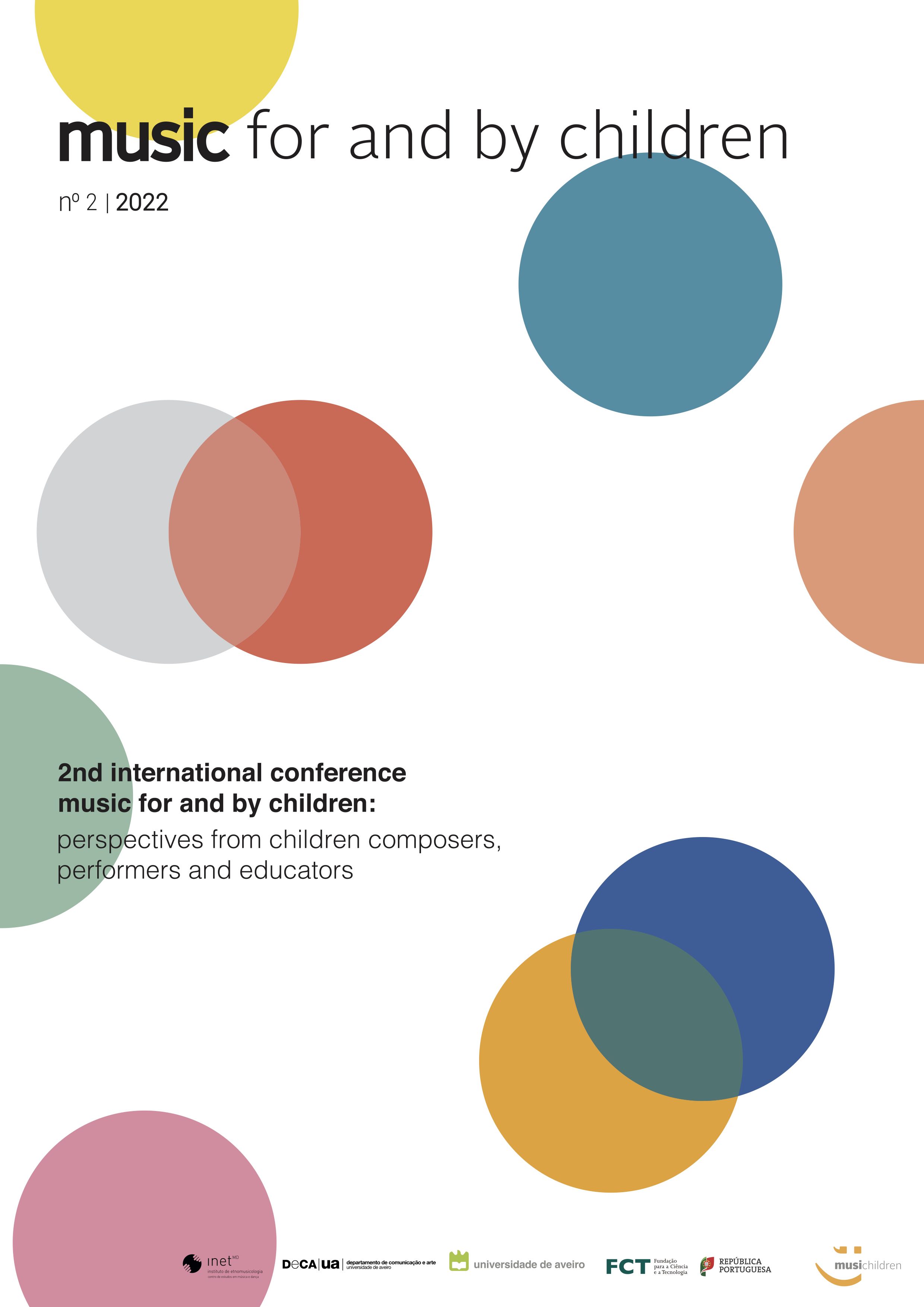Unlocking Curiosity
Places and pathways in early childhood education
Abstract
Theoretical background or Context
Curiosity is an innate mechanism for children. It is the desire for knowledge, the first manifestation of what is intangible and moves the human being. Curiosity plays a fundamental role and is an important skill for a child to learn. Inspiring and developing curiosity allows children to be available and able to continually grow, learn and question what is around us. Although this construct has gained much attention in the last decade and the seemingly widespread agreement of its importance in the educational content, many strategies/practices and excessively rigid top-down structures existing in the educational and societal context, lead to a diminishing curiosity as children grow.
Aims
This research aims to (i) understand how early childhood educators manage curiosity in class, (ii) explore experiences of curiosity in the early childhood music classrooms and (iii) analyze the places and relationships of these experiences in music-making in childhood.
Methodology
This study was conducted using a qualitative, descriptive and interpretative approach. To investigate the research questions, we conducted semi-structured interviews with six early childhood educators to understand how they manage curiosity in classroom. The data were analyzed using thematic coding techniques. Framed by a participatory pedagogy, the second part of the study (ethnographic research strategy) was carried out in a multi-ethnic preschool in northern Portugal over a period of three months. Eighteen self-selected children participated in weekly sessions of experimentation and musical creation, 10 girls and 8 boys. Data collection techniques include (i) pedagogical documentation (the essence of action) of the children in the class context, and (ii) examination of participants' music-making products. The analysis procedures involve a hermeneutic phenomenological approach and implicate a continuous interplay between the action and the musical products of the children.
Results/Findings
Data analysis and triangulation show that: (i) the educators devote little time to fostering and stimulating children’s curiosity in class; (ii) brings out that the experiences of curiosity in class involve different behavioural characteristics and state aspects; (iii) what captivates and awakens curiosity and pleasure in discovery vary from child to child; (iv) creating music classrooms that opens the door to celebrate curiosity we nurture children's inner quest for musical knowledge, their delight in discovering new sounds and their emerging understanding of the world and music context around them.
Conclusions/Final considerations
As a complex and multidimensional construct, curiosity is widely beneficial and makes life worth living. Looking ahead is (i) important to define, measure and enlarge curiosity in early childhood and primary education, (ii) promote longitudinal studies to understand how childhood curiosity leads to holistic well-being and sustains its musical development throughout our lives, and (iii) create or take every opportunity to encourage curiosity in child to practice curiosity habits. Promoting curiosity in music classroom implies a predisposition and reconfiguration of the roles and functions of the various actors in the educational context.
References
Markey, A., & G. Loewenstein. 2014. “Curiosity.” In International Handbook of Emotions in Education, eds. R. Pekrun & L. Linnenbrink-Garcia, 246–264. London and New York: Routledge.
Pugh, A., & Pugh, L. (2013). Music in the early years. Routledge
Shah, P.E., H.M. Weeks, B. Richards, & N. Kaciroti 2018. “Early Childhood Curiosity and Kindergarten Reading and Math Academic Achievement.” Pediatric Research 84 (30): 380–86.
Shin, D.D., S. Kim. 2019. “Homo Curious: Curious or Interested?” Education Psychology Review 31: 853–74.
Young, S., & Ilari, B. (Eds.). (2019). Music in early childhood: Multi-disciplinary perspectives and inter-disciplinary exchanges. Springer.
Young, S. (2013). Music 3-5. Routledge
Copyright (c) 2023 Music for and by children

This work is licensed under a Creative Commons Attribution 4.0 International License.





